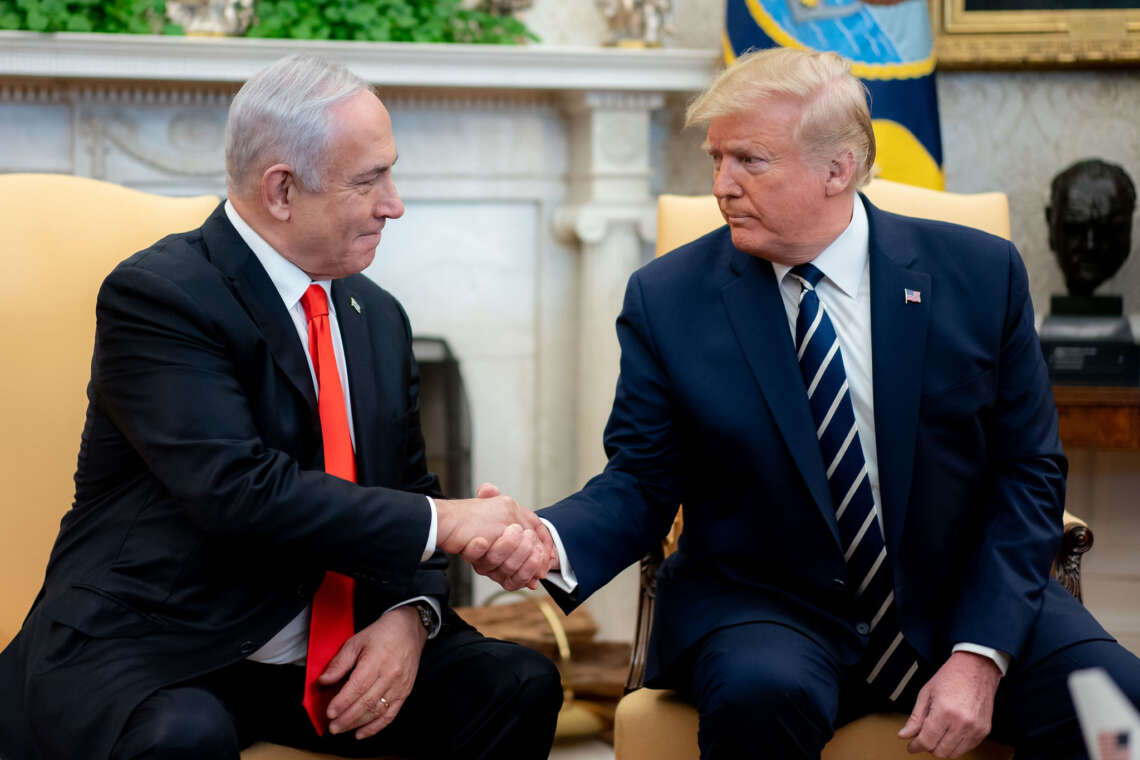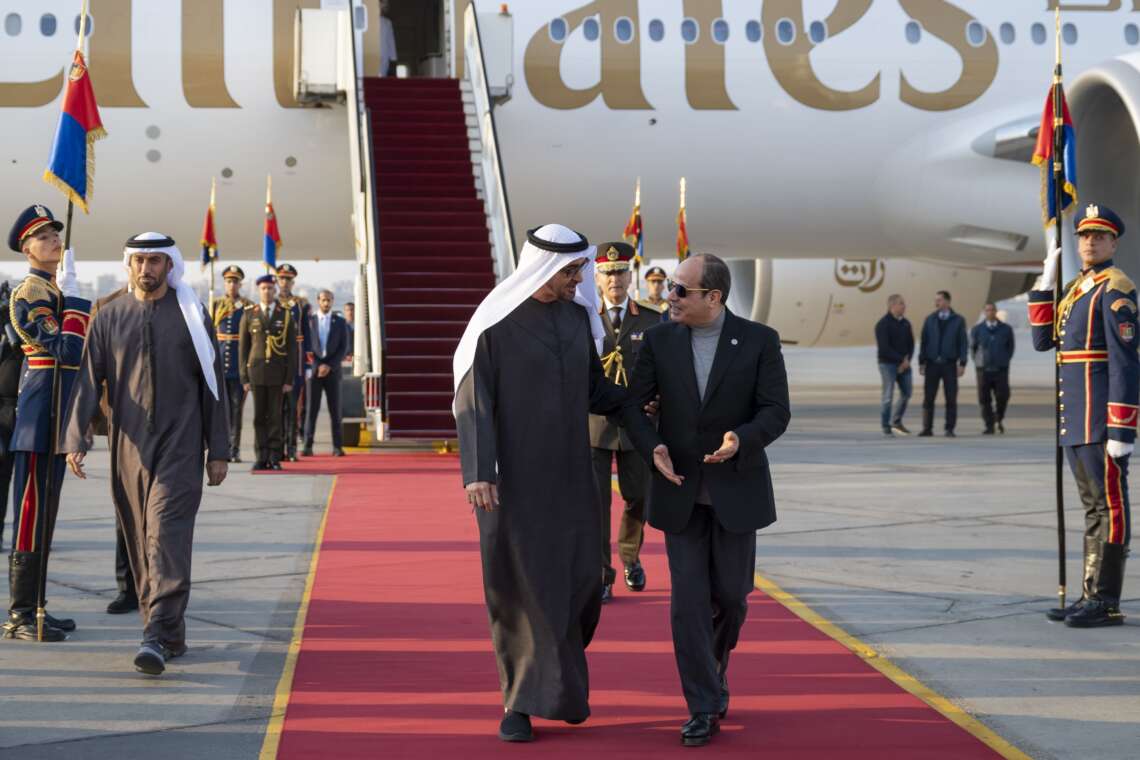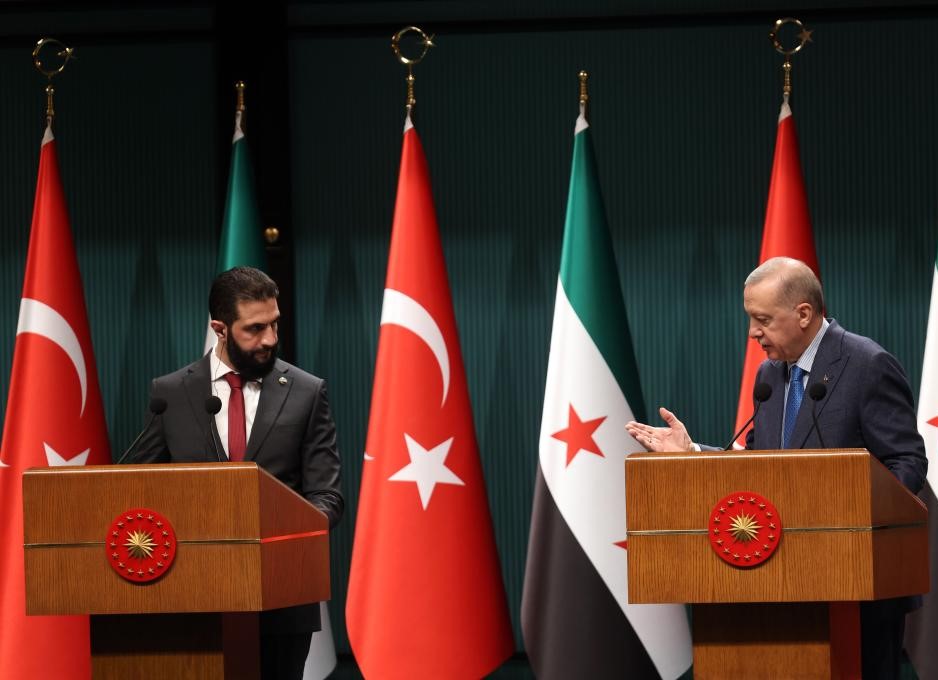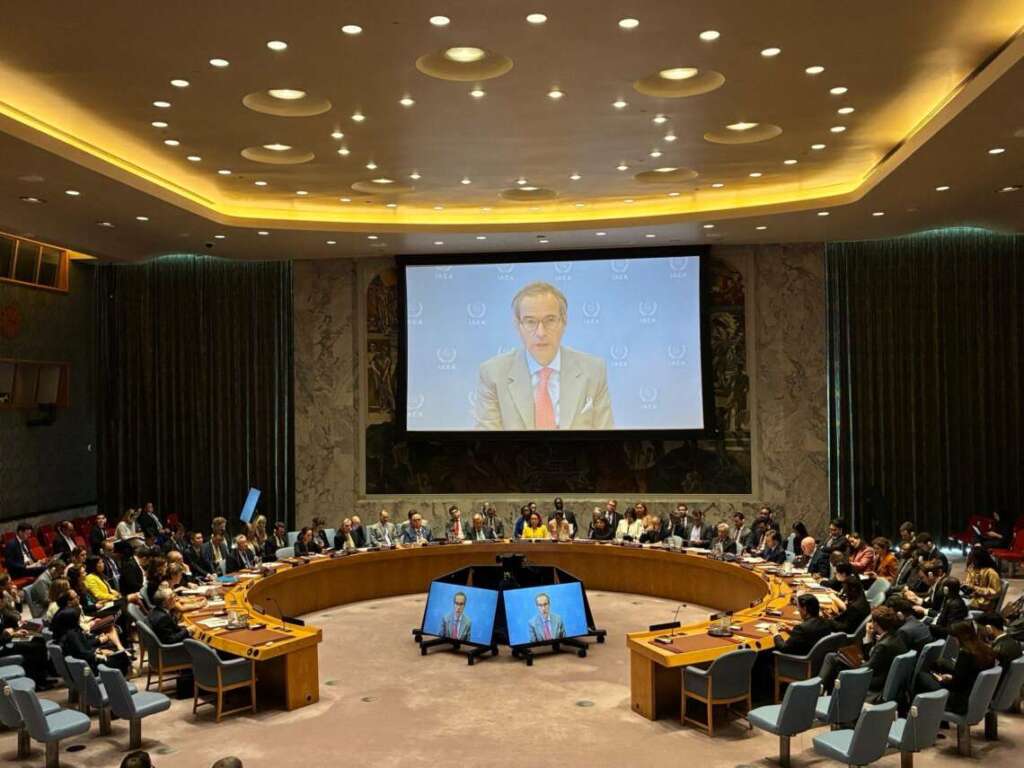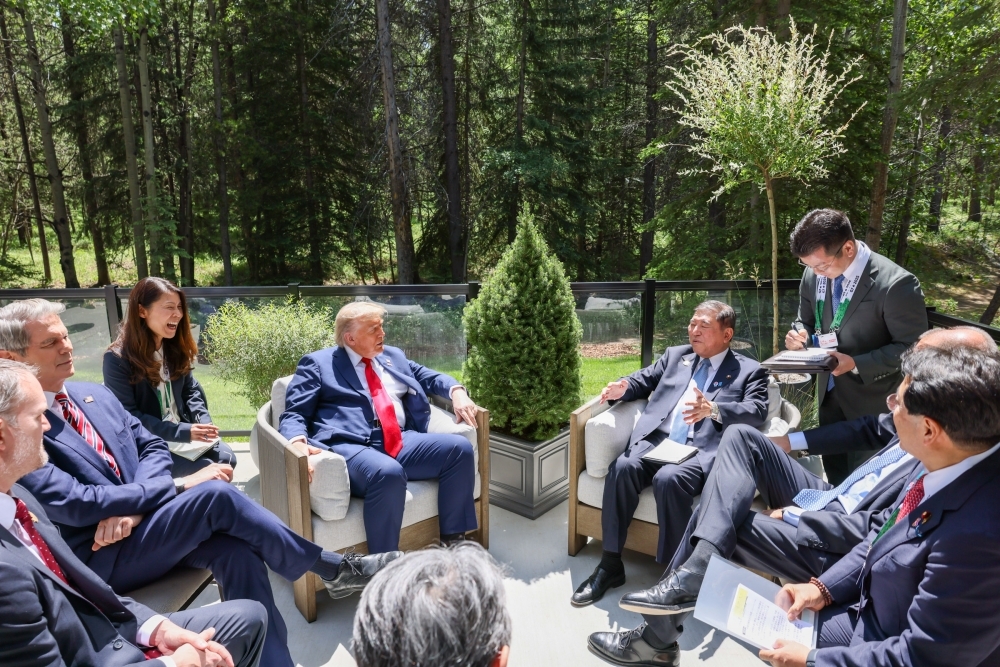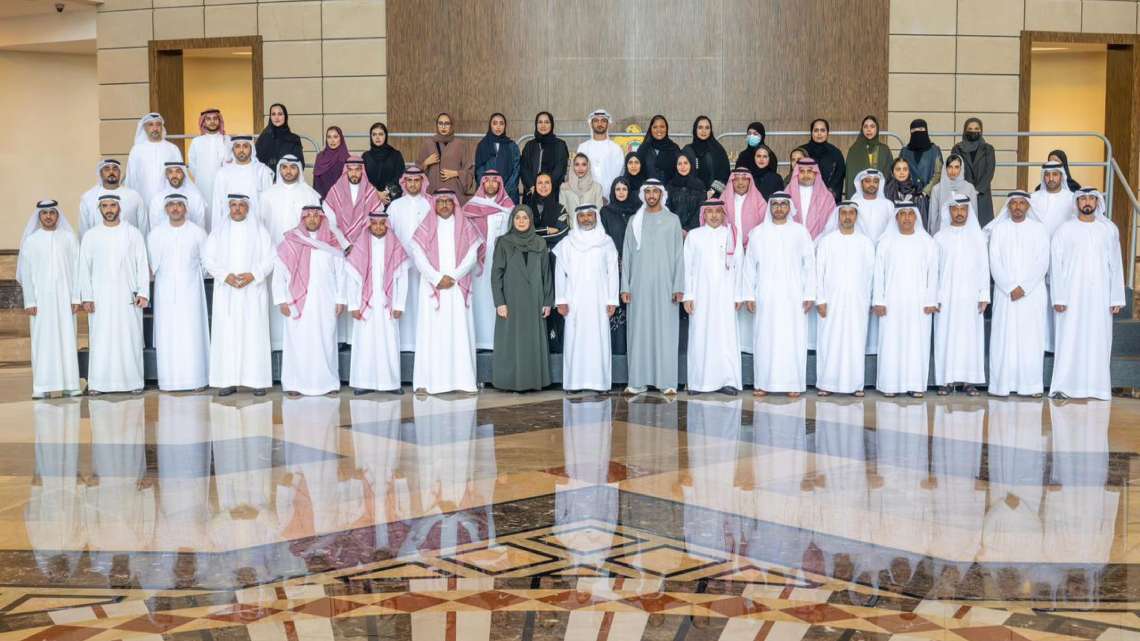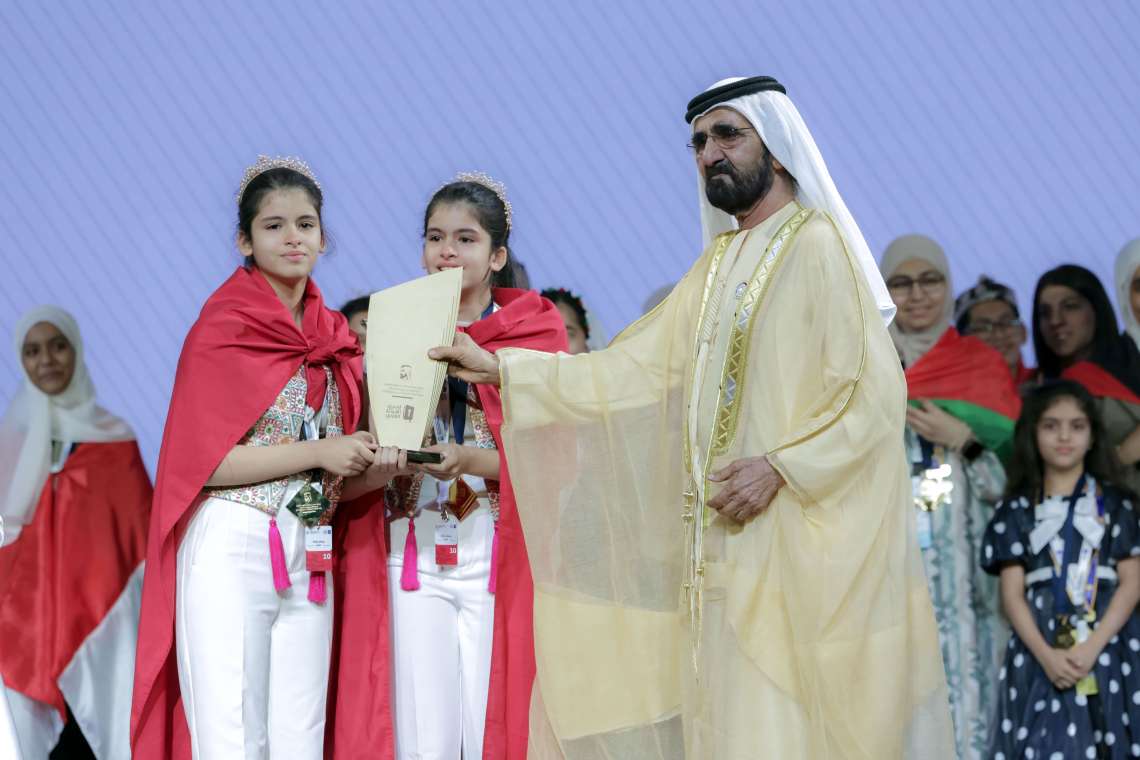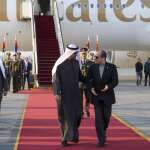The ancient quote from the Greek philosopher Phaedrus, to not let success go to one’s head and inflating one’s ego, which can lead to terrible failure, is a timeless warning to Trump and Netanyahu, writes Dr. Alon Ben-Meir
Having tested the sweetness of Israel’s impressive success in destroying many sensitive sites in Iran and killing top military commanders and nuclear scientists, Netanyahu has now raised the ante by seeking regime change with Trump’s implicit agreement. Threatening to kill Supreme Leader Khamenei and demanding “unconditional surrender,” and Trump hinting at joining the fray, could lead to a regional conflagration with disastrous consequences. A much better, peaceful resolution over Iran’s nuclear program can be achieved if it also incorporates a long-term political solution between Iran and the US and, by extension, Israel. Concurrent political negotiations would mitigate some of the mutual distrust that has plagued the talks about Iran’s nuclear program and led to the horrific Israeli-Iranian war.
Unconditional surrender
It is hard to exaggerate the absurdity of Trump’s demand that Iran surrenders unconditionally, threatening otherwise that the US would join the fray and destroy what’s left of the country’s nuclear and military facilities. Trump often blabbers without thinking through what he is saying and its repercussions. Sadly, there is no sane advisor to tell him that Iran is not a country that he can bully.

Iran could make significant concessions and even lose the war, but it would never surrender, be humiliated, and lose its dignity. Khamenei’s reaction to Trump’s threat reflects the views of everyone who knows Iran. He stated that ”intelligent people who know Iran, the nation and the history of Iran, will never speak to this nation in the language of threats, because the Iranian nation cannot be surrendered.”
The threat to kill Khamenei
A more dangerous threat, laden with ominous implications, is Trump citing the possibility of killing Ayatollah Khamenei: “We are not going to take him out (kill!), at least not for now.” What sort of global order will we be living in if every head of state can simply kill the head of another state only because there is a serious disagreement between them? Have we learned nothing from invading Iraq and killing Saddam Hussein? On May 1st, 2003, President George W. Bush declared aboard the USS Abraham Lincoln, “mission accomplished,” hoping that the removal of Hussein would lead to a more democratic and stable Iraq.
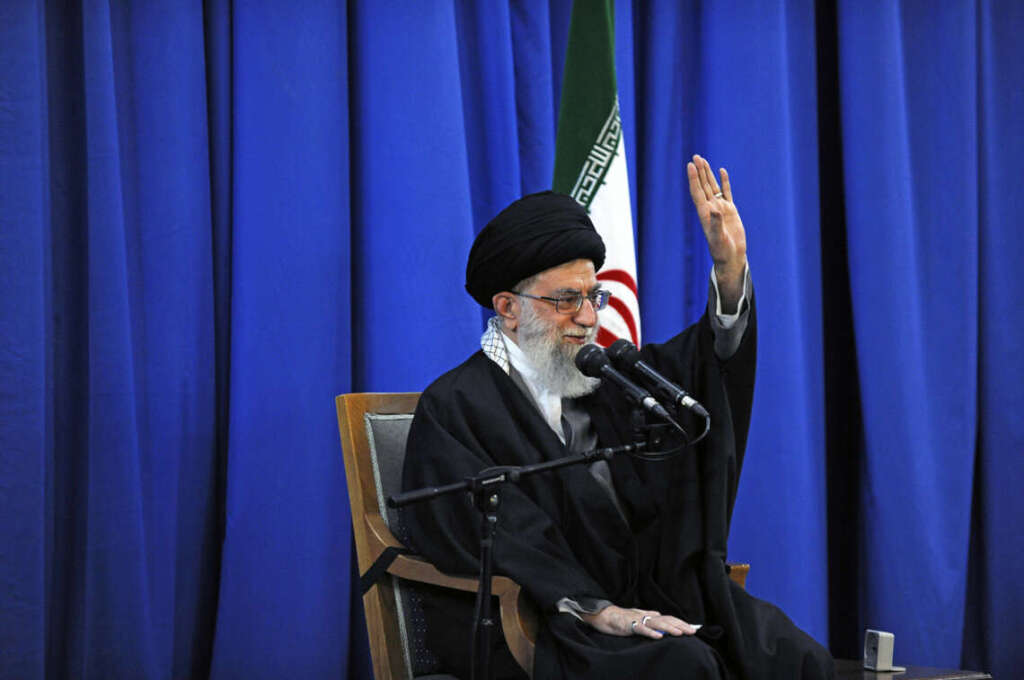
But now we know what happened. We did not liberate but handed Iraq over to Iran, throwing Iraq and the region into greater turmoil, and Tehran benefited the most from the US’ folly. More than 4,400 American troops were killed and 32,000 wounded, and at a staggering cost of $1.6 trillion. Should Trump go through with his foolish threat, Iran can inflict incalculable damage on US military installations in the region and bring to a halt oil shipments by closing the Straits of Hormuz, causing global economic havoc.
Negotiations clouded by mistrust
The US-Iran negotiations were clouded by mistrust and were focused on the nuclear conflict, specifically on Iran’s adamant refusal to give up its right to enrich uranium. The justifiable mutual mistrust made the prospect of reaching an agreement extremely difficult. While Iran has consistently claimed that it is not pursuing a nuclear weapon, and its atomic program is for medical and energy purposes, it has lied time and again by enriching uranium to 60 percent purity and in sufficient quantity to produce 10 nuclear weapons once enriched to 90 percent purity. Conversely, Iran has every reason not to trust the US, especially Trump, not only because of his flip-flop between readiness to negotiate and threats to join Israel’s war, but because it was Trump himself who canceled the 2015 Joint Comprehensive Plan of Action (JCPOA). Now he wants to exact a better deal to brag that he outsmarted President Obama.
A Parallel Track Diplomacy
Reaching an agreement on Iran’s nuclear program is not, in and of itself, sufficient to end the Israeli-Iranian conflict and necessarily stabilize the region. Given the mistrust between the US and Iran, undertaking a parallel track to discuss long-term relations between the two countries, culminating in the normalization of relations, would achieve three goals: first, it would mitigate over time some of the mistrust and make the negotiations over Iran’s nuclear program not stand-alone but part and parcel of normalization of relations with all the advantages that carries. Second, a parallel track would dramatically ease the Iranian clergy’s dread of a forced regime change, which they fear the most, and pressure them to show greater flexibility.

Now that Israel has destroyed much of Iran’s nuclear and military complexes, the US can negotiate with Iran from a position of strength, but must make it possible for Iran to relent without being humiliated to prevent the impression that it is surrendering to US demands. Having been endowed with a rich history, culture, and enormous human and natural resources, Iranian national pride is embedded not only in the psyche of the clergy but also in the minds of all Iranians. To this day, many Iranians resent the US for orchestrating the 1953 overthrow of the Mosaddegh government, which the US justified by expressing fears of the growing communist influence and the need to protect Western interests.
The Contour of an Agreement
It is not too late to heed Iranian President Masoud Pezeshkian’s calls for a cease-fire, as he expressed his readiness to resume the negotiations immediately, suggesting that Iran would stop its retaliatory attack once Israel halts its aerial onslaught. Three different possibilities would resolve Iran’s demand to exercise “its right” to enrich uranium. 1) Allow Iran to enrich uranium to 4-5 percent purity under the strictest monitoring by the IAEA that would include American monitors. 2) Allow Iran to retain short-term enrichment rights to 3-5 percent at a limited quantity for peaceful purposes, while aligning with long-term US nonproliferation goals. 3) Permit Iran to retain symbolic pilot-scale facilities under strict oversight by the IAEA, which mirrors the 2015 arrangement. Under any agreement, Iran will be required to transfer all of its stockpile of uranium enriched to 60 percent to any country acceptable to the US.
Other than agreeing on the disposition of Iran’s nuclear program, the US must incorporate three other critical political components that would bolster any accord reached on the nuclear program, but also reach an understanding with and commitment by Iran to show good faith and keen interest by agreeing to the following:
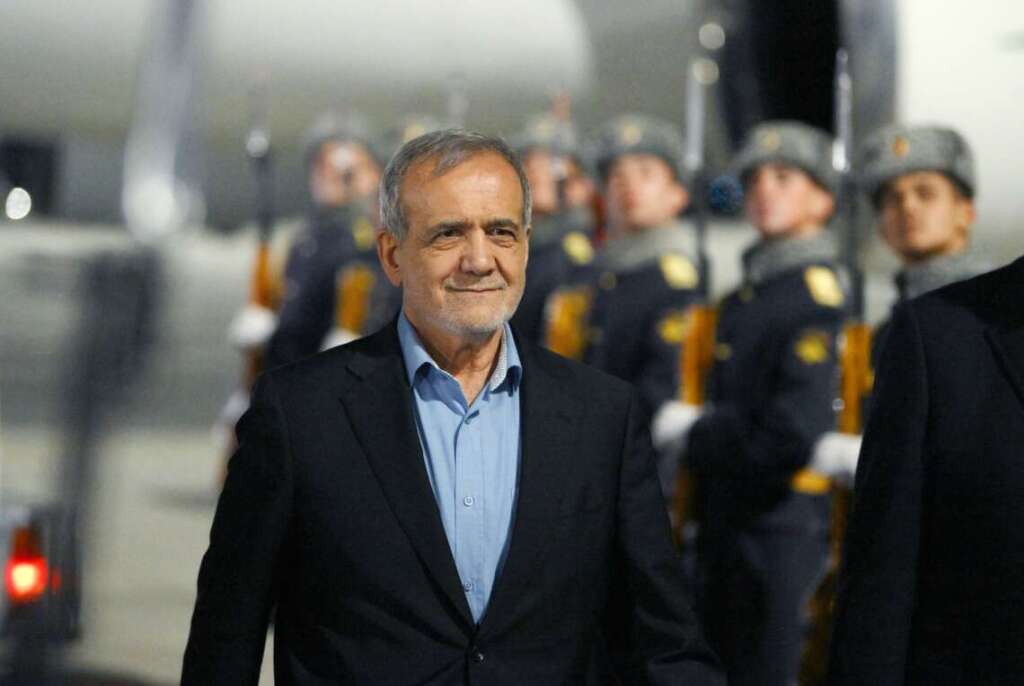
1) Iran must cease threatening Israel existentially because as long as Israel is threatened, it has every right to defend itself, including preemptively attacking Iran, preventing future conflagration and ensuring regional stability.
2) Iran must end any financial aid and military support to its so-called “axis of resistance.” Iran’s main proxies, Hamas and Hezbollah, have largely been decimated by Israel, and Iran can now see the futility of supporting such groups. Instead, Iran can exert regional influence through its sheer human and natural resources and geostrategic location.
3) Finally, Iran must no longer meddle in the Israeli-Palestinian conflict and exploit it for its own benefit. It must leave it to Saudi Arabia, the US, Israel, and the Palestinians to find an enduring solution that meets the aspirations of both people.
Trump, who does not want to have a war under his watch, now has a golden opportunity to capitalize on Israel’s success and take credit for helping Israel downgrade Iran’s military capability and nuclear program dramatically. He should accept Pezeshkian’s call for a ceasefire and readiness to resume the nuclear negotiations. Trump will find the Iranians far more flexible than in the past because they desperately want to end the war, prevent the US from entering the fray, and preserve the regime.
Trump should heed the Greek philosopher Phaedrus’s advice: “Success leads many astray to their ruin.” It is hard to further inflate Trump’s and Netanyahu’s egos, but then lose what they have already gained. Both must bear in mind that the war has now reached a perilous crossroads and could engulf the region in an all-out war. It would be a tragic mistake if Trump decides to join Netanyahu, who is eager to draw the US into the war, hoping that this would bring about the collapse of the regime without considering the horrific repercussions.

Trump should not be persuaded by Netanyahu to get America into a war that no one wants except Netanyahu. Trump’s ego is best served if he emerges as a peacemaker who not only solved the conflict over Iran’s nuclear program but also ushered in a new era of regional stability and peace.
Yes, this may be too hopeful and optimistic, but then again, we must never give up trying.

